With an election on the horizon, potential political attack lines are beginning to emerge. This weekend, education secretary Gillian Keegan took aim at Labour’s track record and its plans should it form the next government.
As well as criticising the Welsh Labour government and the party’s private school tax plans, Keegan bigged up her party’s own record on teacher numbers and funding.
The claims are likely to form an important part of election campaigning on education, but do they stand up to scrutiny?
(hint: they do not – while many are technically true, they are based on misleading statistics. For other claims we’ve attempted to provide some important context that gives readers the full picture)
Schools Week takes a closer look…
Claim: ‘Highest school funding in history’
Reality: Funding is still below 2010 levels
Keegan said her government had delivered the “highest real-terms funding for schools in history at nearly £60 billion per year”.
This is technically true, but a major part of this is because there are more pupils than ever before – over nine million as of January, up from 8.1 million in 2010.
If you take this into account by looking at the amount of money being spent per pupil, then it shows a much more modest picture.
The Institute for Fiscal Studies’ most recent analysis states the funding boost of £2.3 billion announced last year will only return school spending to 2010 levels – when the Conservatives came into power – by 2024-25.
Prior to that, the IFS said school spending per pupil “declined by about 9% in real terms in the decade up to 2020”.
A lack of real-terms growth in school spending over a 14-year period represents a “significant squeeze on school resources”, they added.
“The only near precedent is the lack of real-terms growth in secondary school spending per pupil over the 1990s.”

Source: IFS December 2022 report
Claim: ‘Highest teacher pay award in 30 years’
Reality: 6.5% pay rise is a real-terms cut
Keegan said her government had “awarded teachers the highest pay increase in 30 years, ending teacher strikes”.
The pay deal was widely accepted as a good outcome for the sector, with all the education unions agreeing to accept the deal.
But there’s a bigger picture that’s important to point out: inflation reached a 40-year high last year, and the 6.5 per cent pay rise still represents a real-terms cut, with inflation currently at 7.9 per cent (although it is finally now coming down).
The Institute for Fiscal Studies also estimated earlier this year that a 4.5 per cent rise initially proposed by the government would still result in pay for experienced teachers being 13 per cent lower in real-terms than in 2010.

Source: IFS analysis of the earlier pay offer, May 2023
So a 6.5 per cent rise will improve things, but not reverse the long decline.
The pay rise is also only partly funded with new money from the government, with schools expected to meet the cost of 3.5 per cent.
However, earlier this year, when it was proposed that schools would have to cover 4 per cent of the proposed rise, the IfS said the offer was “still, on average, affordable for schools”.
Claim: ‘88% of schools rated ‘good’ or ‘outstanding’
Reality: Top-rated schools went uninspected for years
Keegan also pointed out that “88 per cent of schools rated ‘good’ or ‘outstanding’, up from 68 per cent under Labour”.
This claim is misleading and politicians using iterations of it have previously been ticked off by the UK Statistics Authority, as we’ve covered before.
This is because the Conservative government in 2012 exempted ‘outstanding’ schools from being revisited, and potentially downgraded.
By the time this exemption was ditched in 2020, more than 4,000 schools were ‘outstanding’ – nearly 20 per cent all schools.
And when inspections were brought back in for ‘outstanding’ schools, around 80 per cent of those with graded inspections lost the top-grade.
Claim: Labour’s £1.6bn private school tax raid cash ‘doesn’t exist’
Reality: IFS suggests policy would raise £1.3bn
Keegan also took aim at Labour’s plan to remove the VAT exemption for private schools, accusing the party of using its “made-up” £1.6 billion figure for six different policies, which will “cost even more”.
The party has said the funding will cover multiple pledges – including its efforts to reform the curriculum, boost recruitment and retention, reform Ofsted and improve schools and expand careers advice and work experience.
Labour insists this will all come in at under £1 billion, but it has not provided any breakdown of what each specific pledge will cost.
Keegan also claimed the money “doesn’t exist”, which appears to be based on a study by the EDSK think tank calling Labour’s working out “badly flawed”.
However, the IFS – the country’s leading independent economics research institute – estimated the policy would boost public coffers by upwards of £1.3 billion.
While the tax raid certainly might not raise as much as Labour says, claiming the money “doesn’t exist” seems far fetched.
Claim: Labour’s Wales education blueprint would lead to ‘lower standards’
Reality: Wales has worst PISA results in UK, and outcomes dropped in 2019
Keegan pointed to comments from Labour leader Sir Keir Starmer, who has said the Welsh Government is a “blueprint for what Labour can do across the UK”.
She said school standards were “down” in Wales, which also has “poorer outcomes” in maths and English and “worst PISA results in the UK for five years running in 2018”.
This appears to be one of her more accurate claims.
In 2019, the proportion of pupils reaching the “expected level” in English, Welsh, maths and science fell. However, results were still quite a bit higher than they were in 2010.
The proportion of pupils achieving a grade 4 or above also fell between 2016 and 2019, from 56.5 per cent to 53.8 per cent. However, the way results are calculated changed during that period, making direct comparisons difficult.
It is also true that Wales has for many years had the worst results of all four UK countries in the PISA international tests, though it has been improving.
Claim: ‘Record number of teachers’ under Tory government
Reality: Pupil numbers have risen almost twice as much
Keegan claimed there is currently a “record number of teachers”. She added “in Labour-run Wales, teacher numbers have fallen while numbers in Conservative-run England have risen by over 27,000”.
It is true that the number of teachers in Wales fell by 0.6 per cent last year, from 26,600 to 26,445 (though they rose between 2020 and 2021). But pupil numbers have been falling since 2021, and actually fell by more (1 per cent) between 2021 and 2022.
It is also true that teacher numbers have increased in England since 2010 (though by our calculations they have gone up by 29,000). This is an increase of 6.6 per cent.
But, using the actual number of teachers is misleading. This is because the number of pupils in England has increased by around 12 per cent in the same time period, which actually means there are way fewer teachers per-pupil than in 2010.
In 2010, there were roughly 18 pupils to every one teacher. Now there are more than 19.
Put another way, for every extra teacher, there are now 37 more pupils since 2010. Compare that to the average class size of 26.7 at primary and 22.4 at secondary, and you can see why the shortfall is an issue.
The government has hit its target for secondary teacher recruitment just four times in the past 12 years.

Source: Department for Education ITT figures, NFER predictions

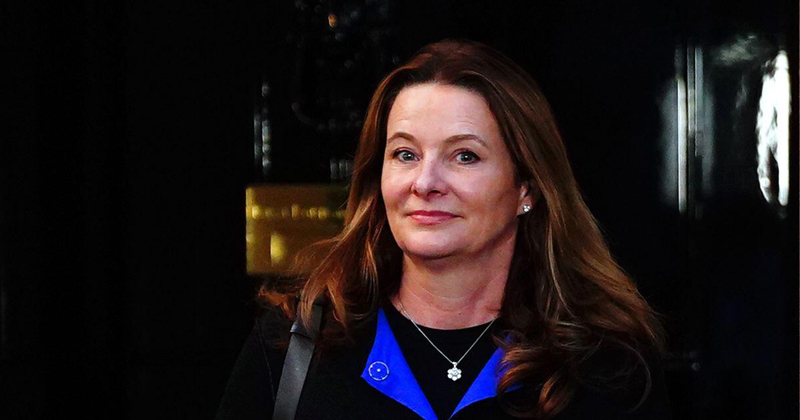
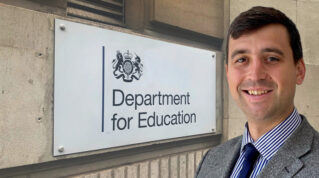

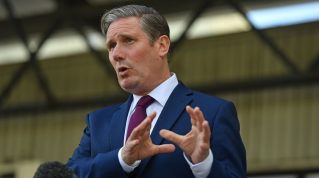
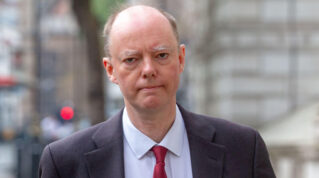
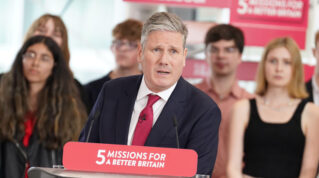
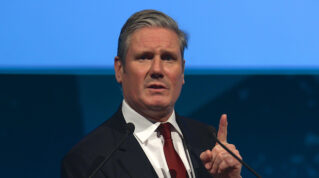
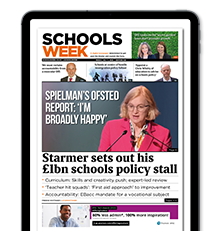
Your thoughts